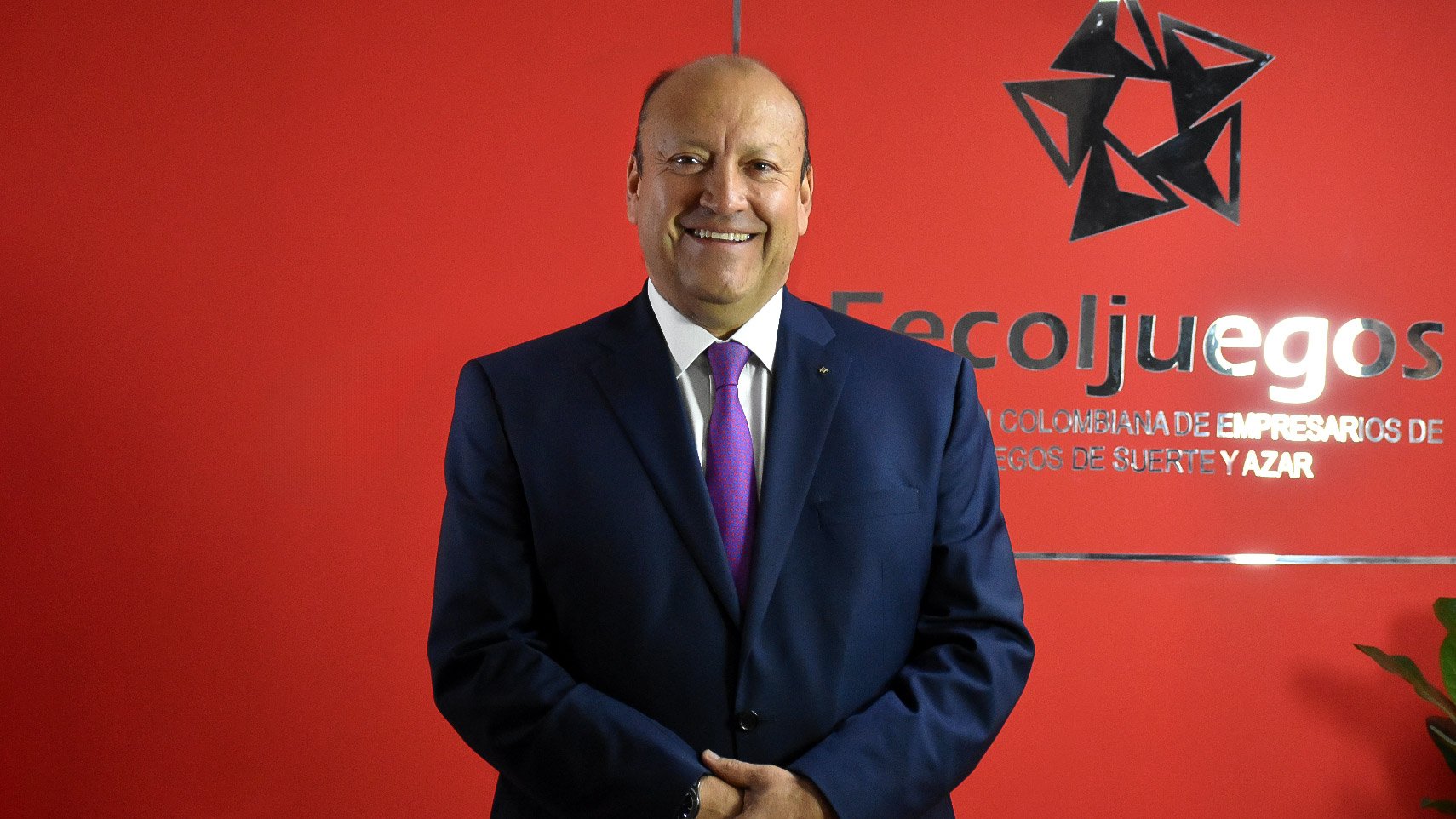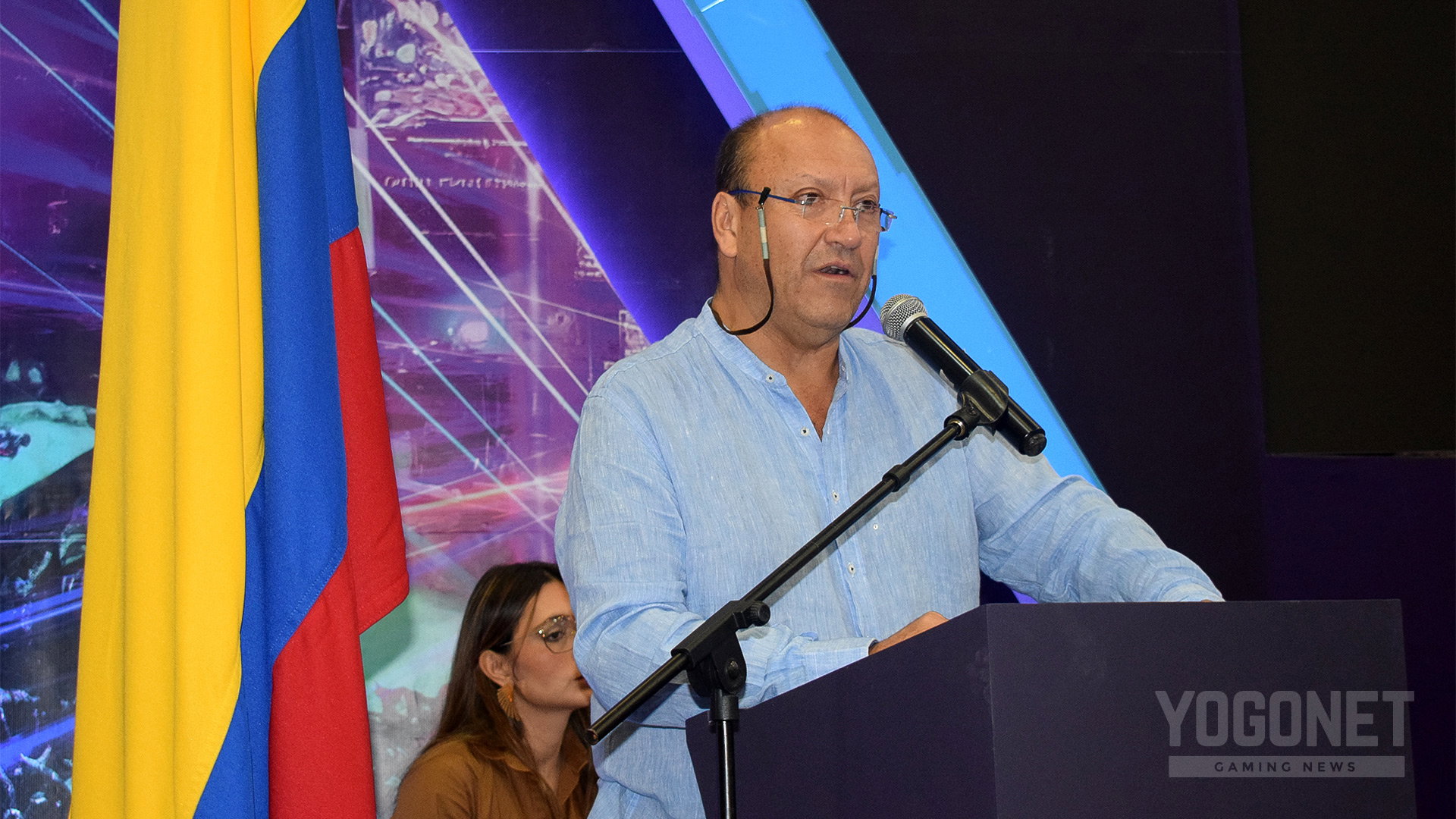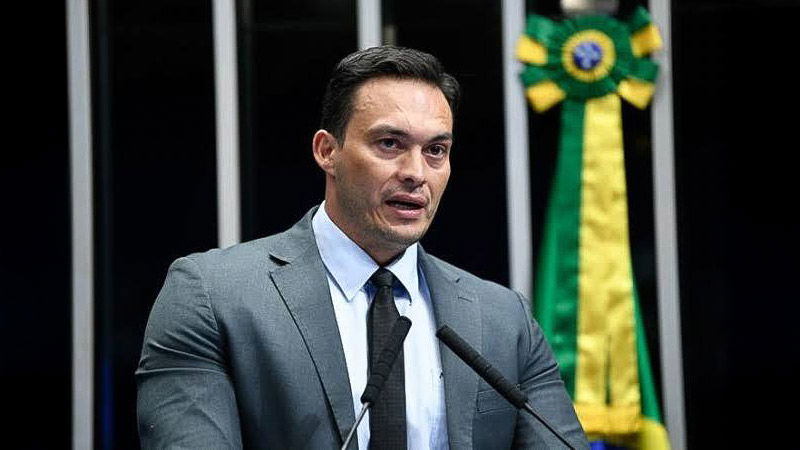Fecoljuegos: "Illegal platforms continue to operate and create new websites to evade blocking in Colombia"

The President of the Colombian gaming trade association (Fecoljuegos), Evert Montero, recently launched a call so that payment gateways do not process payments from unauthorized gaming platforms and, with this, he alerted the whole banking, technological, and governmental system to stop illegal online gambling sites through effective actions.
In an interview with Yogonet, the executive informed that to counteract this situation, the entity is taking steps to seek an agreement with the Colombian Association of FinTech Companies (Colombia FinTech), as well as with the country's banking system, to ensure that payment gateways comply with current regulations.
In addition, he expanded information on why some measures have not been effective and how these platforms continue to evade the regulations, luring players with false prizes or allowing underage gambling, which generates a negative impact on society and distrust in the gambling sector.
Has there been any response so far from ColombiaFinTech or payment gateways to the recent call made by Fecoljuegos?
So far, Colombia FinTech has adopted a positive approach in response to the request made by Fecoljuegos. As part of this process, it has been agreed to hold technical roundtables to propose a pact to facilitate the creation of this alliance between the parties involved.
This collaborative approach demonstrates the commitment of Colombia FinTech and the country's financial industry to ensure security and legality in payment systems and digital transactions.

What kind of measures have been imposed on these illegal platforms and why have they not been effective?
Blocking access to illegal online gambling websites and platforms has been implemented by working together with Internet Service Providers (ISPs). However, these measures are not effective due to the rapid adaptation of illegal operators, who migrate their domains and servers to evade the blocks.
In addition, the lack of rigorous control of financial transactions makes it easier for them to continue operating underground. Despite the efforts made, these illegal platforms continue to operate and create new websites to evade blocking.
How can payment gateways identify that they are processing payments from unauthorized operators when the volume of transactions they handle daily can be very high?
To identify transactions related to unauthorized operators, it is necessary to implement advanced monitoring and data analysis systems. These systems can use pattern detection algorithms and behavioral analysis to identify suspicious transactions.
Cooperation with financial institutions and information sharing between payment gateways and regulatory authorities are also crucial to establishing a record of illegal operators and improving accuracy in identifying illegal transactions.
What has been the response of the financial entities in Asobancaria to your request?
Asobancaria has shown a firm commitment to support Fecoljuegos' initiatives in the fight against illegal gambling. They have expressed their intention to collaborate closely with us and with the regulatory authorities to ensure that financial entities do not facilitate transactions with illegal operators.
This collaboration includes the implementation of stricter controls and the strengthening of transaction monitoring mechanisms.

Has the Colombian Government made any legislative efforts to put this issue of illegal online gaming in order?
Yes, the Colombian Government has made several legislative efforts to regulate the online gaming sector. The current legislation, under the supervision of Coljuegos, establishes a clear regulatory framework for legal operators.
However, there is a need to strengthen the laws to include more severe sanctions against illegal operators and to improve international cooperation to address this problem more effectively.
How much money is estimated to have been lost in taxes and royalties to the state with the 14,570 illegal sites that have been blocked?
Exact figures are not available on the exploitation rights not transferred to the nation, as these are illegal platforms that do not allow precise tracking of the number of transactions and net profits, making it impossible to calculate unpaid taxes.
However, it is important to note that the number of illegal sites blocked amounts to 14,570. The failure of these operators to contribute to the health sector and other public funds has had a significant impact on tax revenues, affecting the financing of health services and other programs that depend on these transfers.
What is your message to payment gateways and gamblers to join this effort against illegality?
Our message to payment gateways is clear: they must assume their responsibility and stop processing payments for illegal operators. Doing so not only helps comply with the law but also protects the integrity of the financial system and the safety of consumers.
To gamblers, we urge them to always choose authorized and legal platforms for their gambling activities. By doing so, they are not only protecting their money through wagering on authorized sites that guarantee the payment of prizes and the return of players' funds, but they are also contributing to the development of a safe and responsible gaming environment, supporting the funding of health programs and avoiding risks associated with illegal gambling, and potential fraud or scams.

















































